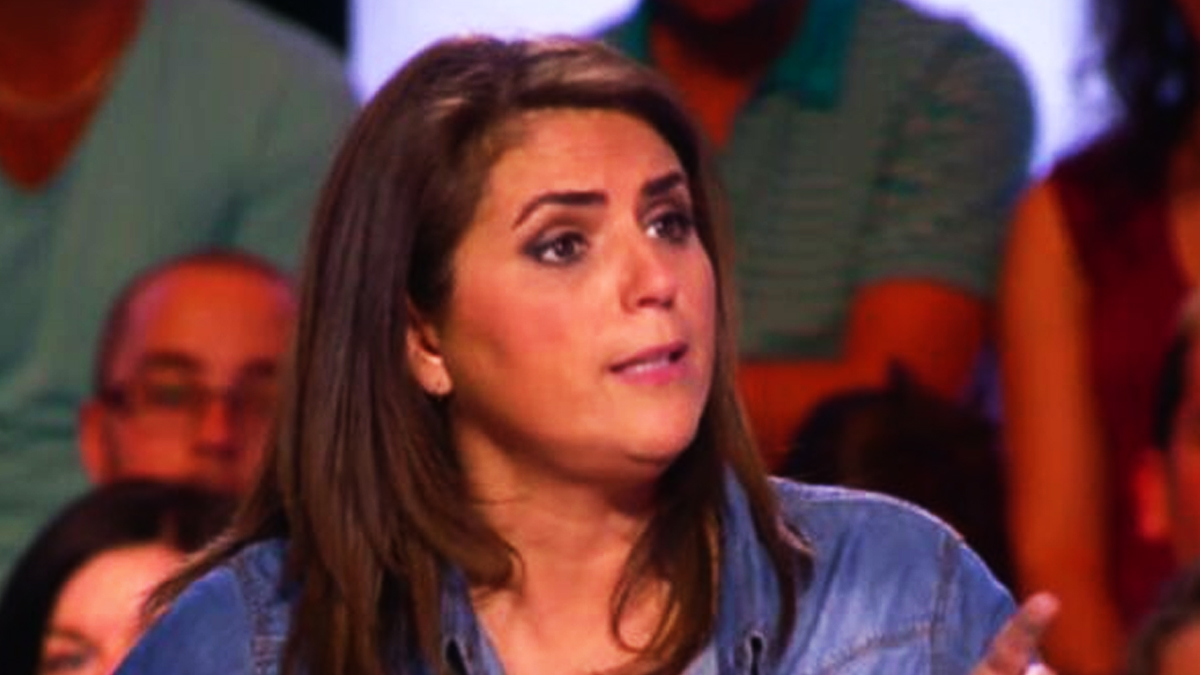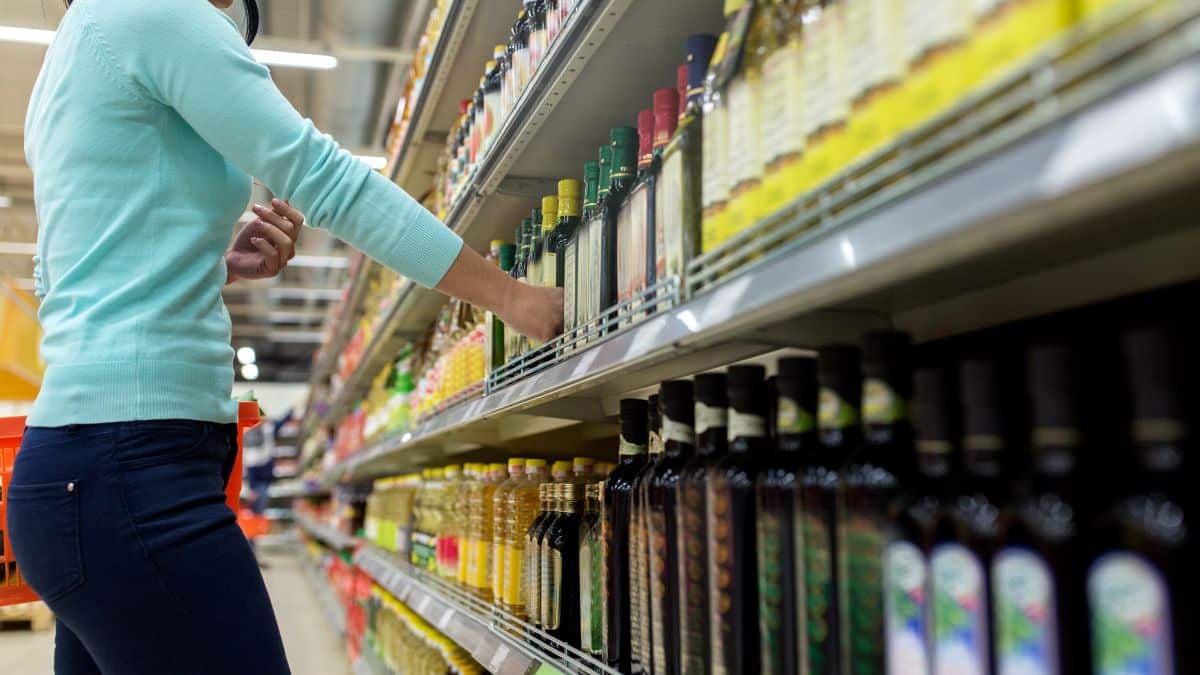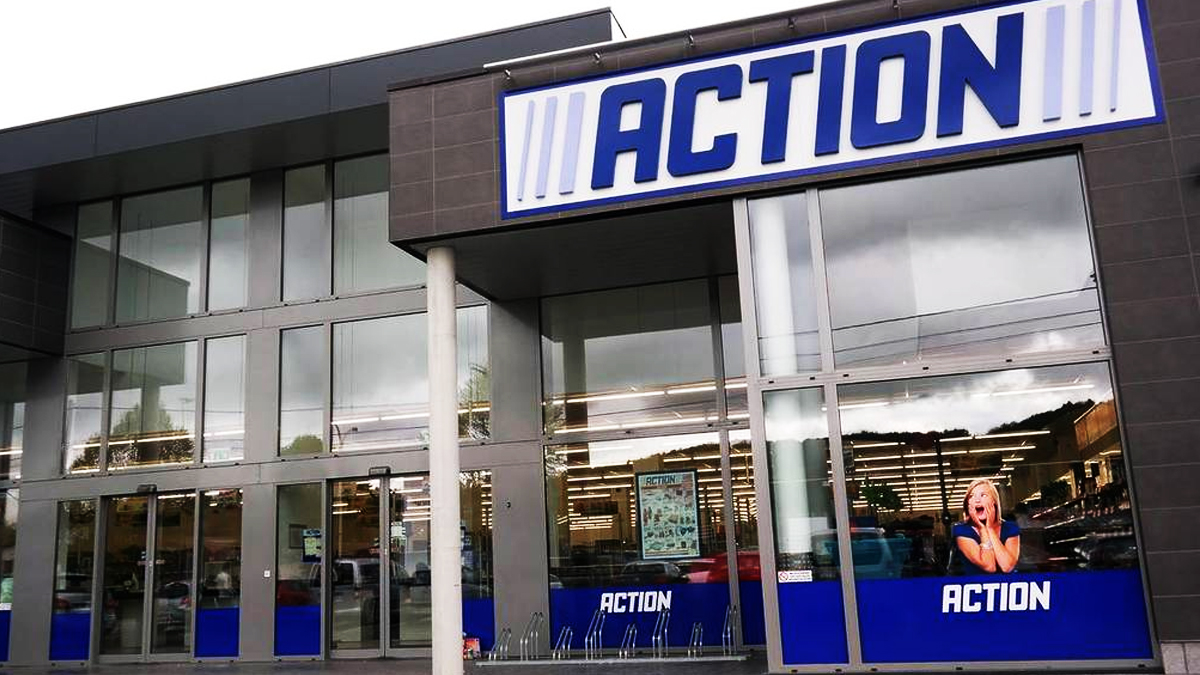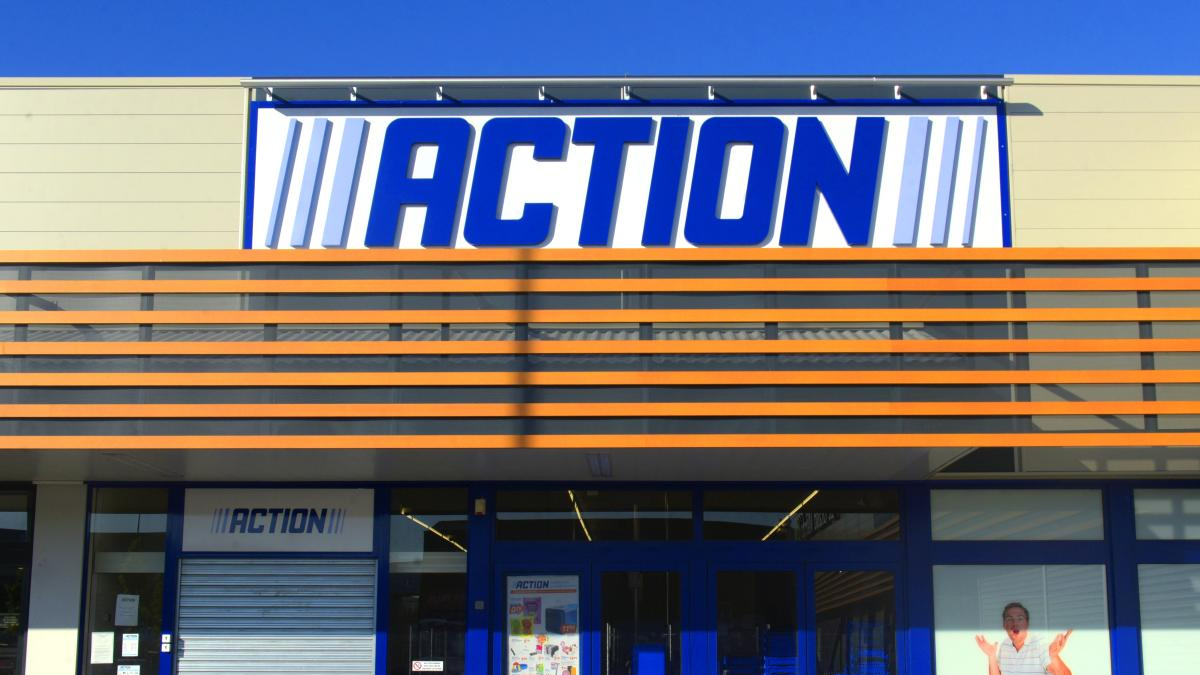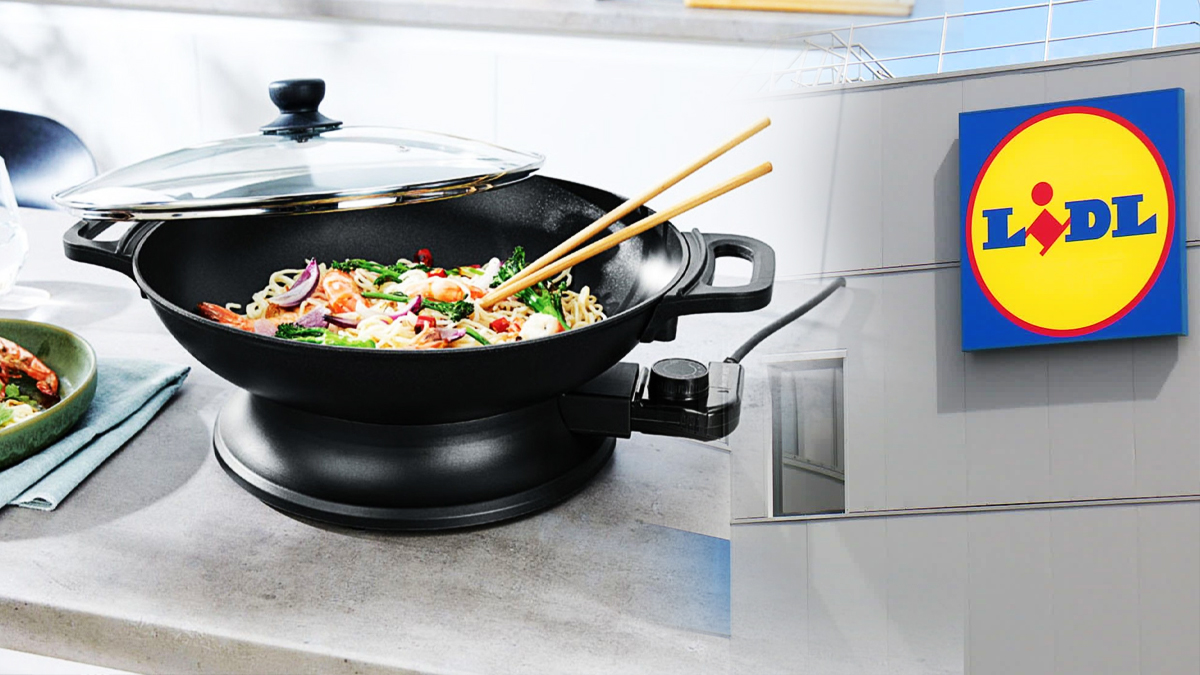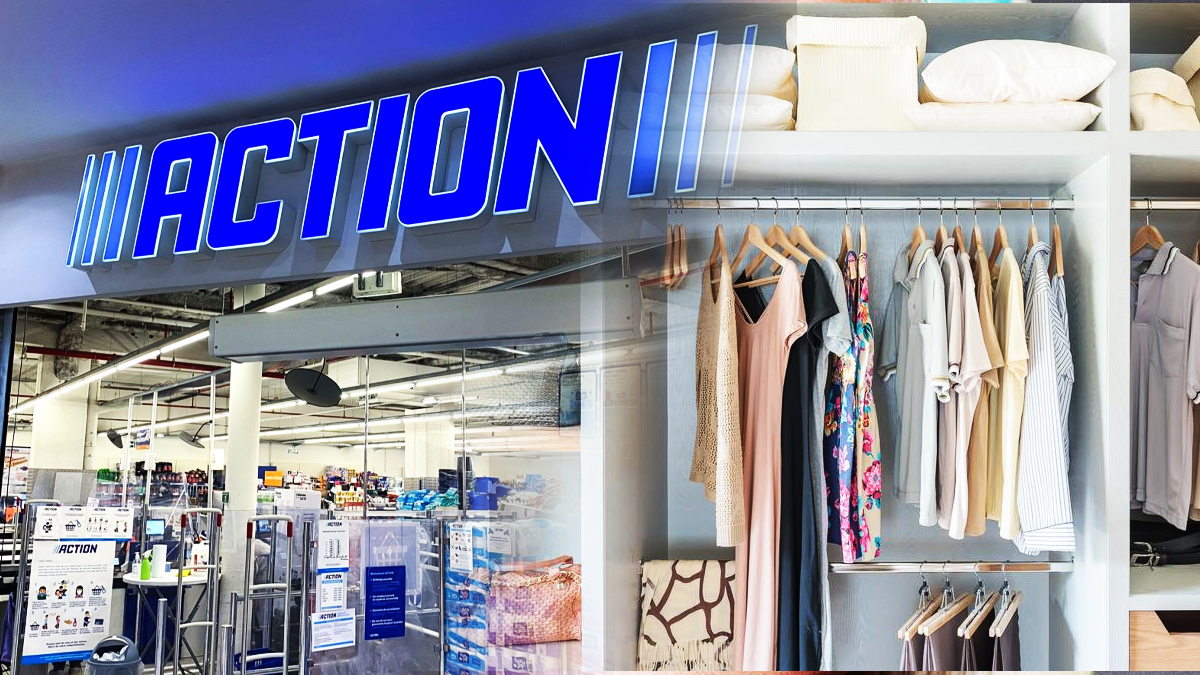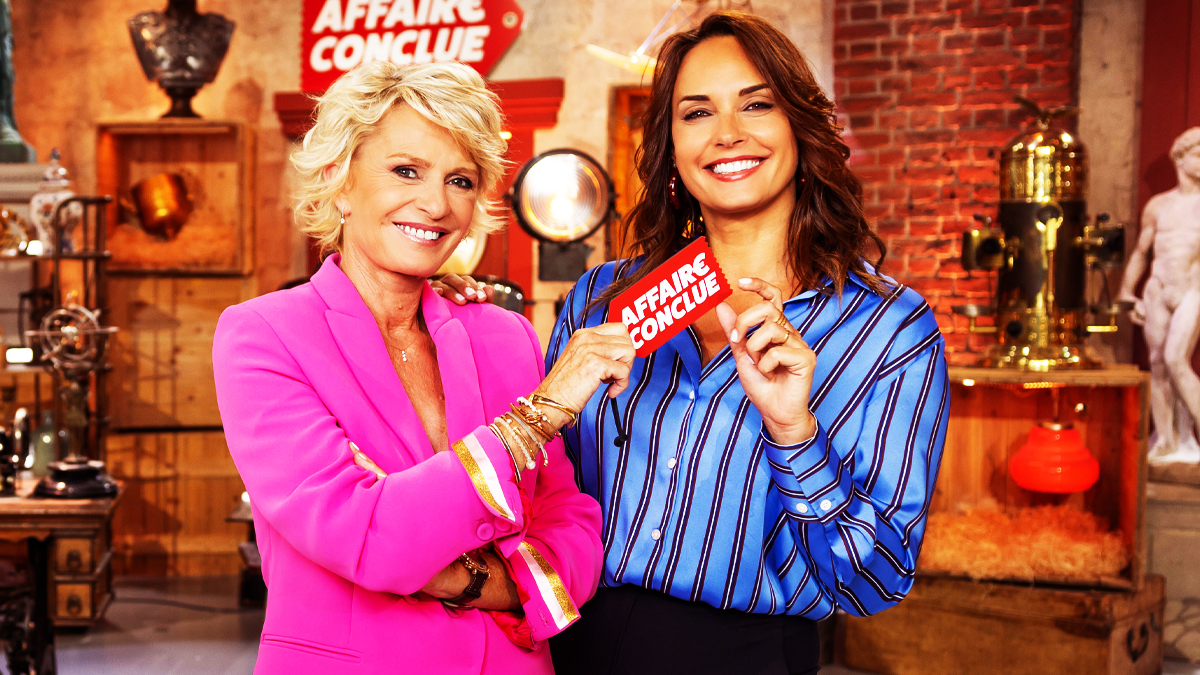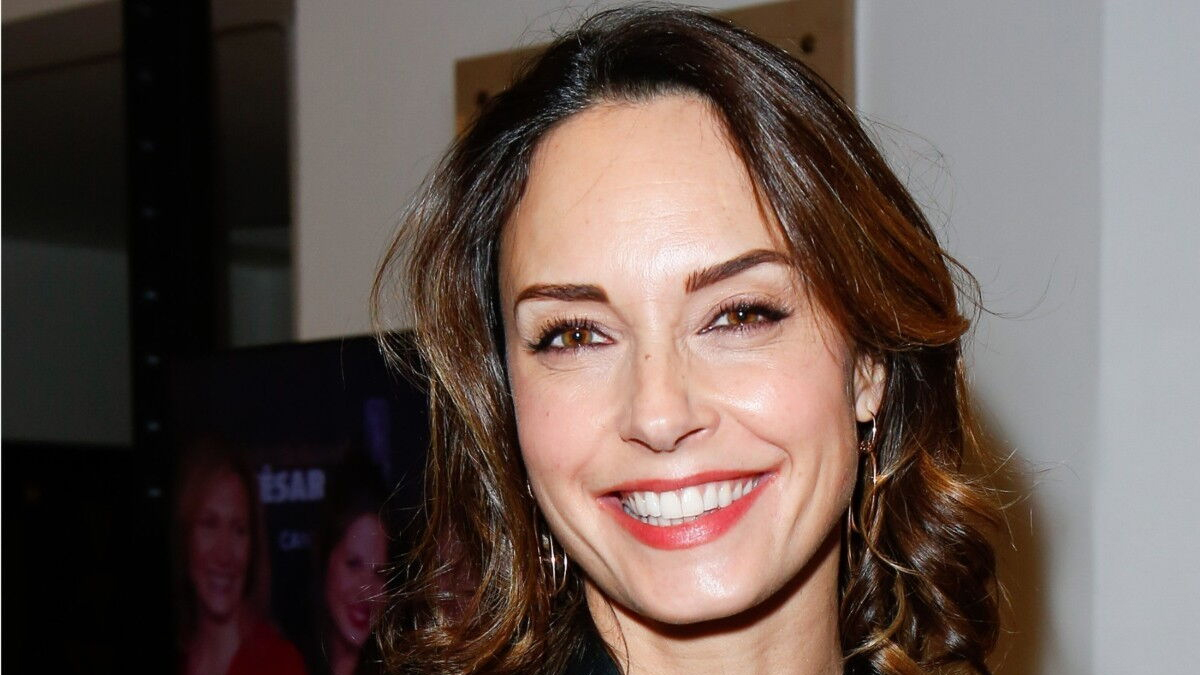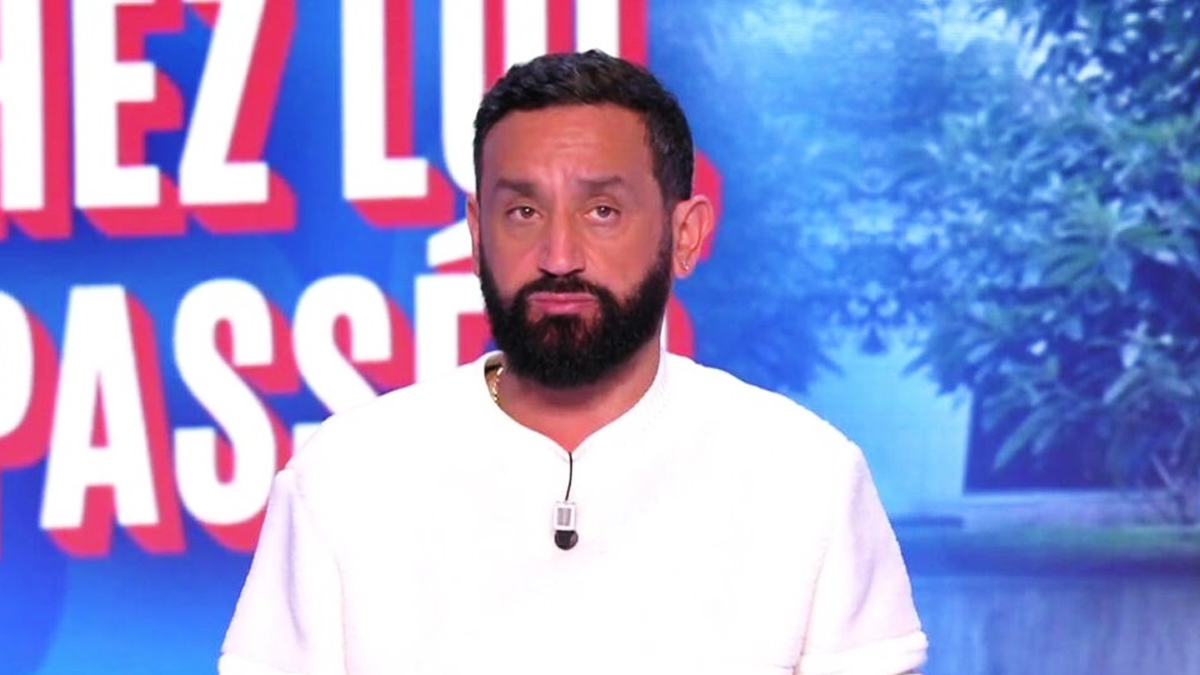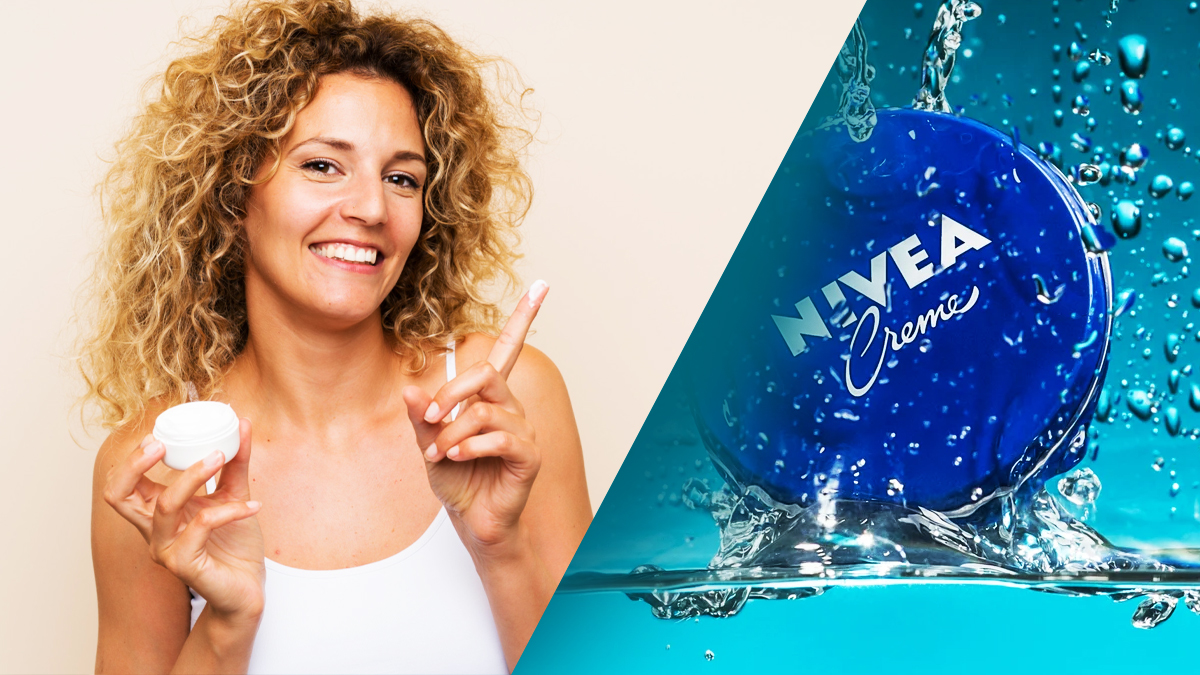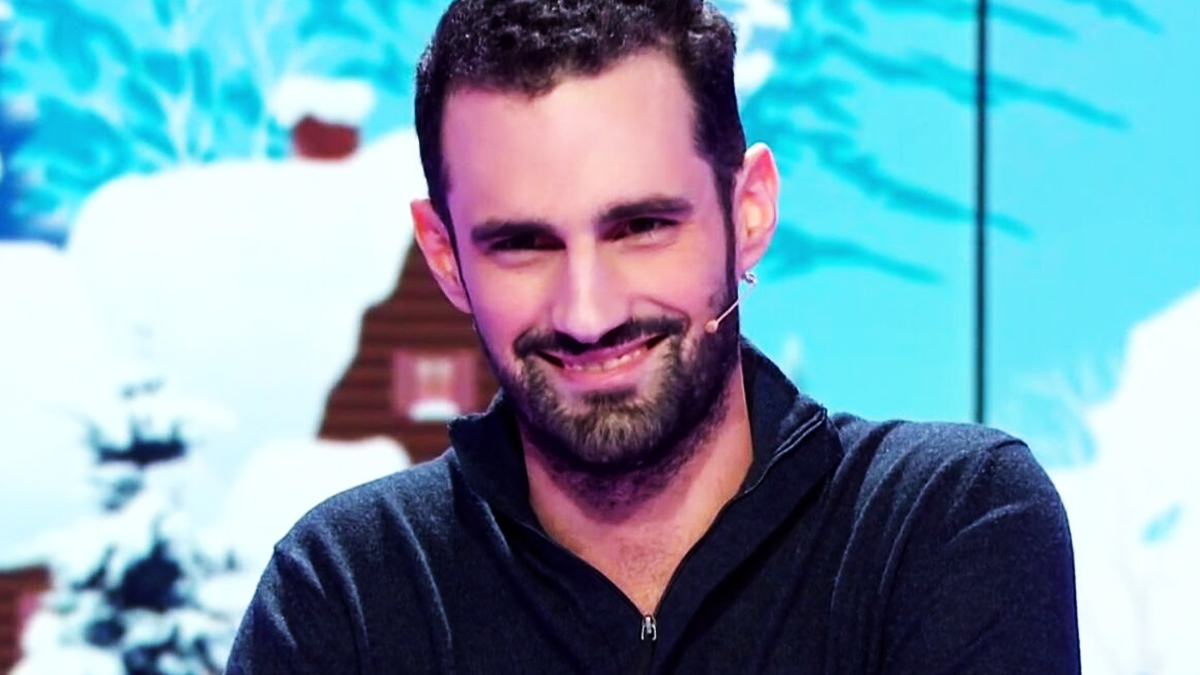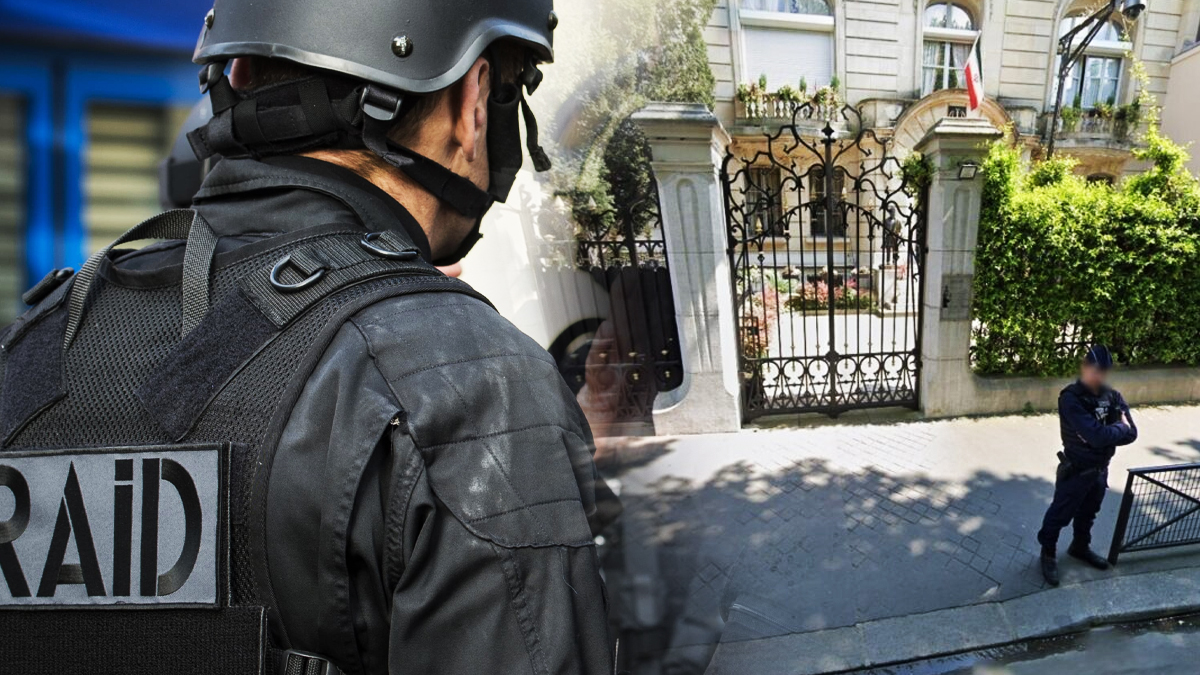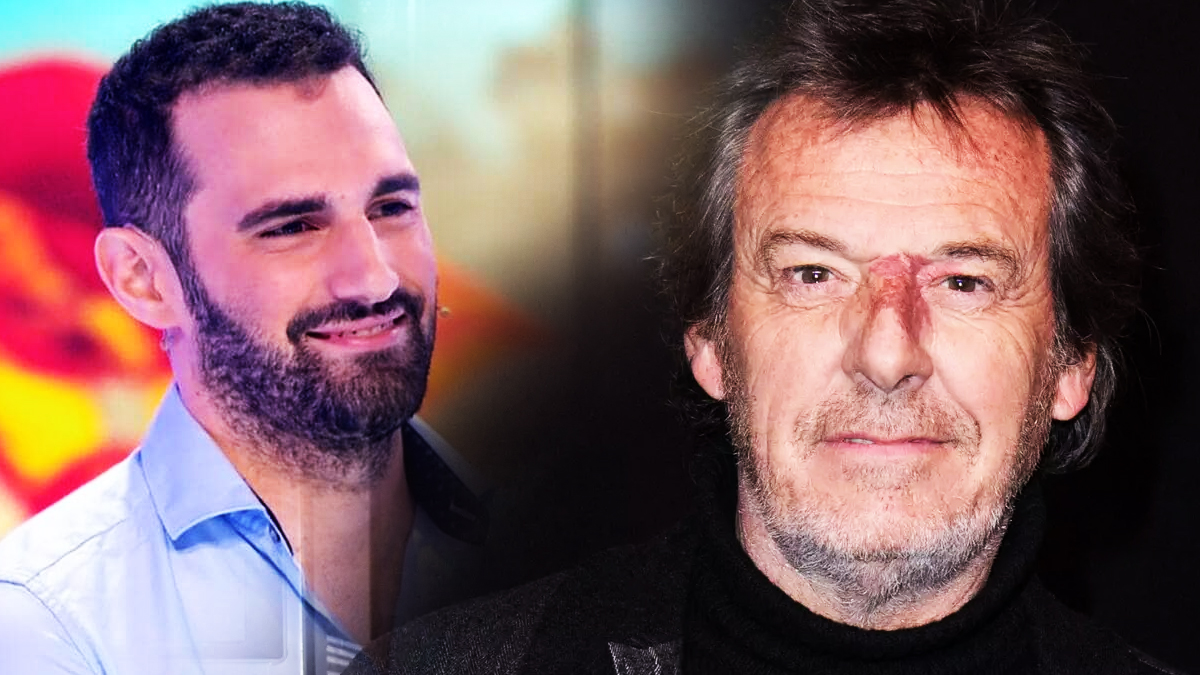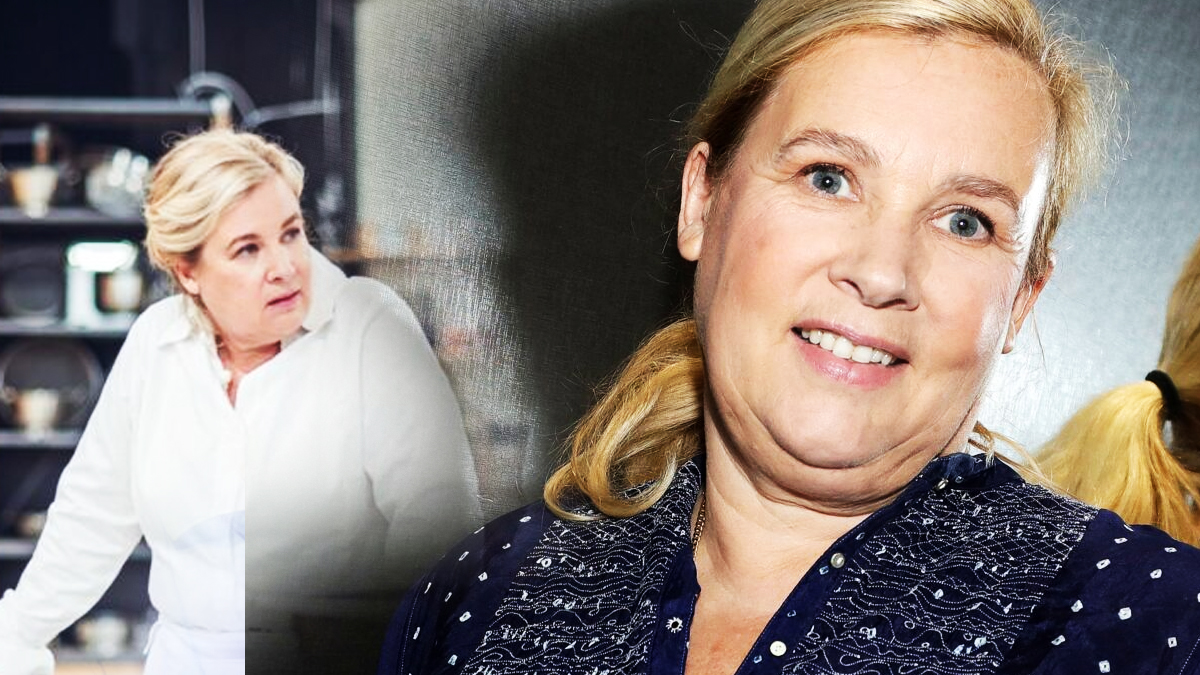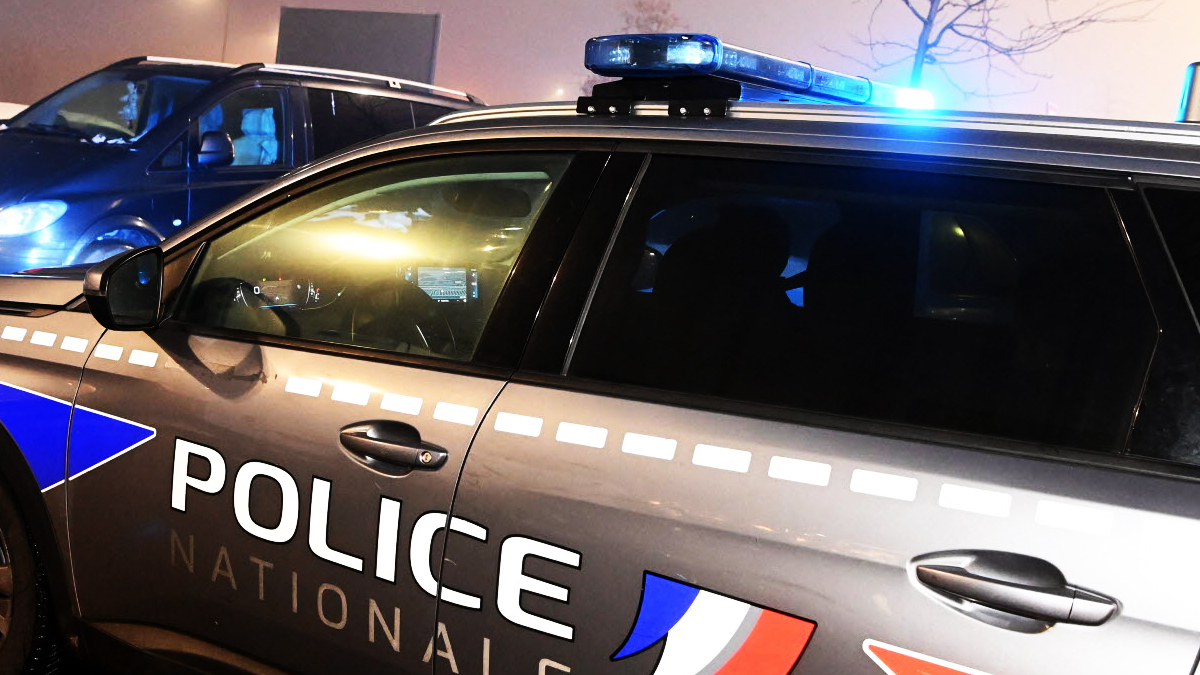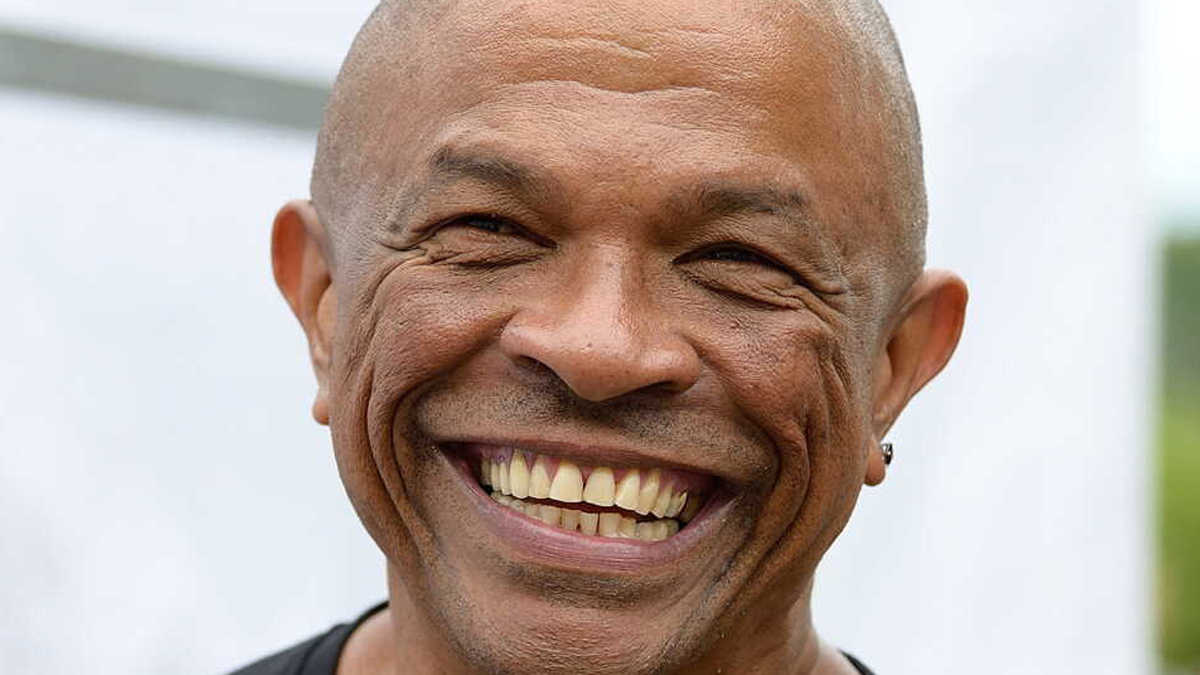Votre quotidien d’inspiration et d’innovation
Actualités
Retraite

L’histoire poignante d’une retraitée obligée de vivre dans son garage alors que des locataires squattent sa maison
Un conflit immobilier déchirant C’est exactement la situation d’une femme de 69 ans dans la petite ville de Lesparrou, en Ariège, qui se voit contrainte de vivre dans son garage parce que ses locataires refusent …
Santé
Il est crucial de comprendre si filtrer l’eau du robinet la rend vraiment meilleure pour votre santé
Comprendre les bases de la filtration de l’eau La filtration peut éliminer des éléments indésirables comme le calcaire et l’odeur de chlore, tout en réduisant l’utilisation de bouteilles en plastique, …
Social

Les pièges à éviter lors de votre déclaration de revenus 2024 : comprendre et contourner le « PFU »
Introduction à la déclaration de revenus de 2024 Pour l’année 2024, il est essentiel de …

La fin de l’aide à l’embauche pour les alternants pourrait bouleverser l’avenir professionnel des jeunes français
L’origine et le but de l’aide à l’embauche des alternants Le but principal de cette …

Pourquoi les microcrèches s’inquiètent pour leur futur malgré l’aide gouvernementale : comprends-tu l’enjeu ?
La pénurie de personnel affecte les microcrèches Malheureusement, cette mesure ne s’applique pas aux microcrèches …
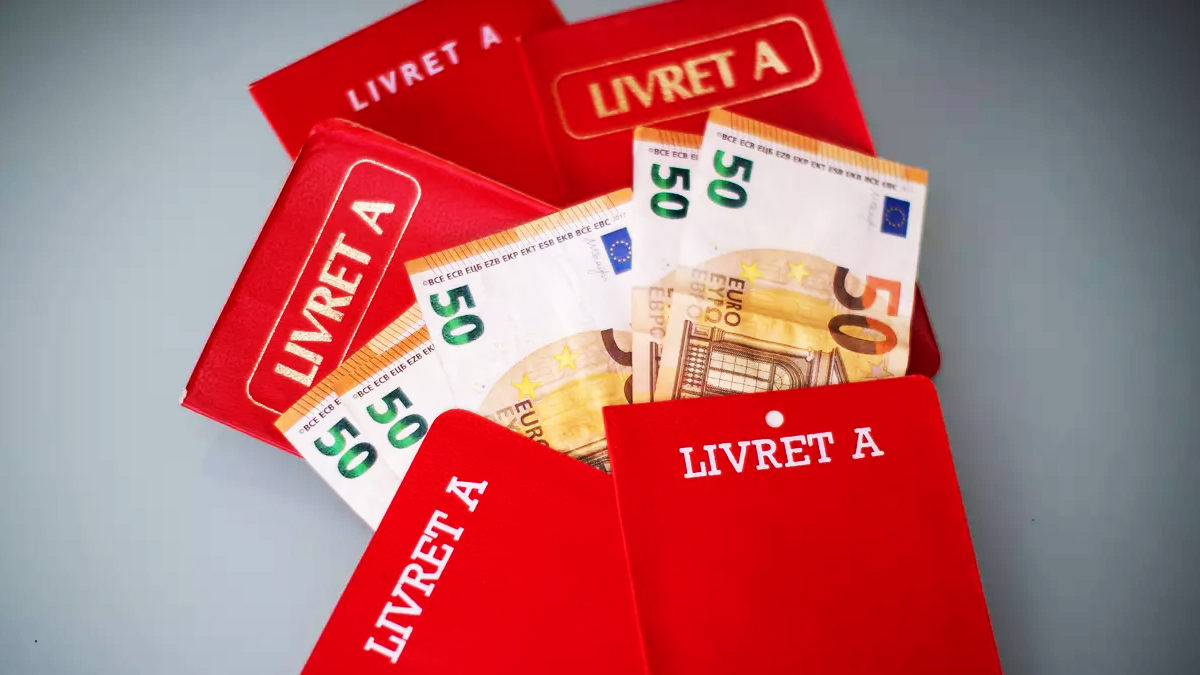
Voici une excellente nouvelle pour les 55 millions d’épargnants utilisant le Livret A
La grande annonce pour les utilisateurs du livret A Le Livret A, l’un des comptes …

Pass Colo : êtes-vous parmi les chanceux qui peuvent bénéficier de cette aide pour les vacances ?
Premières impressions sur le pass colo Son objectif principal est de permettre aux enfants de …

Des changements fiscaux de 2024 peuvent réduire votre facture d’impôts : les détails qui feront la différence
Comprendre les nouvelles directives fiscales de 2024 Ce rituel annuel exige que chaque ménage déclare …
Astro

Le signe astrologique le plus enclin au désordre à la maison et celui qui adore imposer l’ordre
Un aperçu rapide sur l’influence astrologique sur le comportement à la maison Peut-être que vous …

Ces signes du zodiaque vont vivre un amour intense ce printemps
Un mardi d’avril 2024 marqué par le destin pour certains signes astrologiques Pour certains signes …

Horoscope chinois du vendredi 19 avril 2024, trouvez votre animal spirituel
Introduction à l’astrologie chinoise Chaque signe du zodiaque chinois, représenté par un animal, a des …

Comment les étoiles façonnent votre manière d’aimer et de connecter avec les autres ?
La danse des signes du zodiaque dans l’amour Que vous soyez Bélier ou Poissons, chaque …

Ces signes du zodiaque sont les plus aimés vous en faites partie ?
Les signes astrologiques et leur attrait unique Voyons quel signe astrologique est le plus populaire …

Ces trois signes astrologiques qui risquent de passer une semaine délicate du 22 au 28 avril
Le Lion : une semaine pour se ressourcer En effet, les natifs de ce signe …

